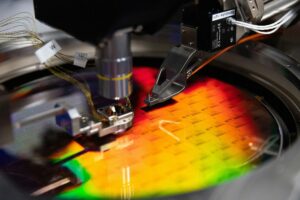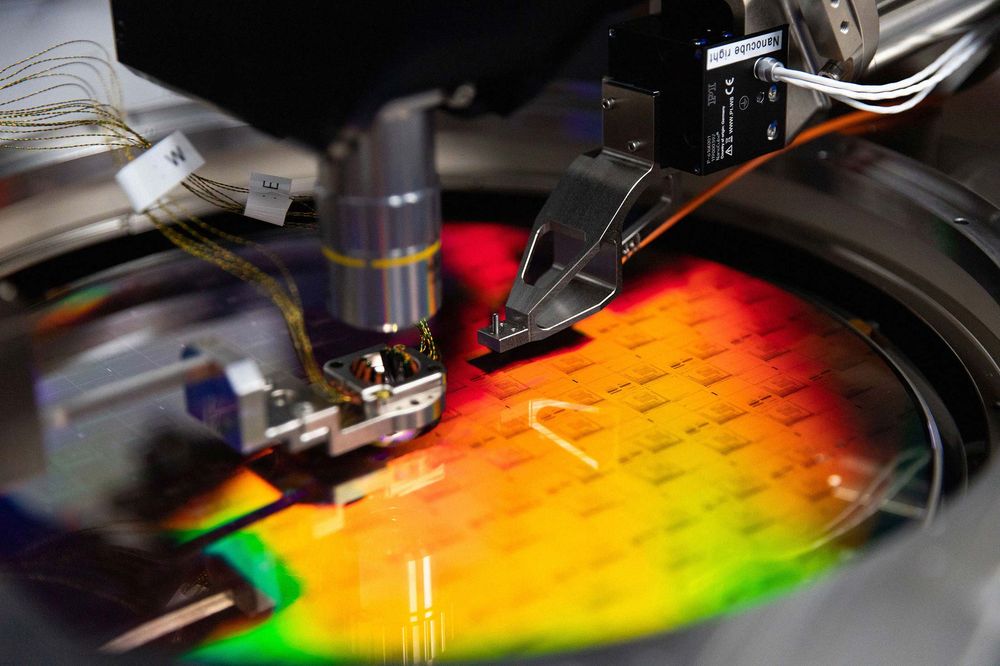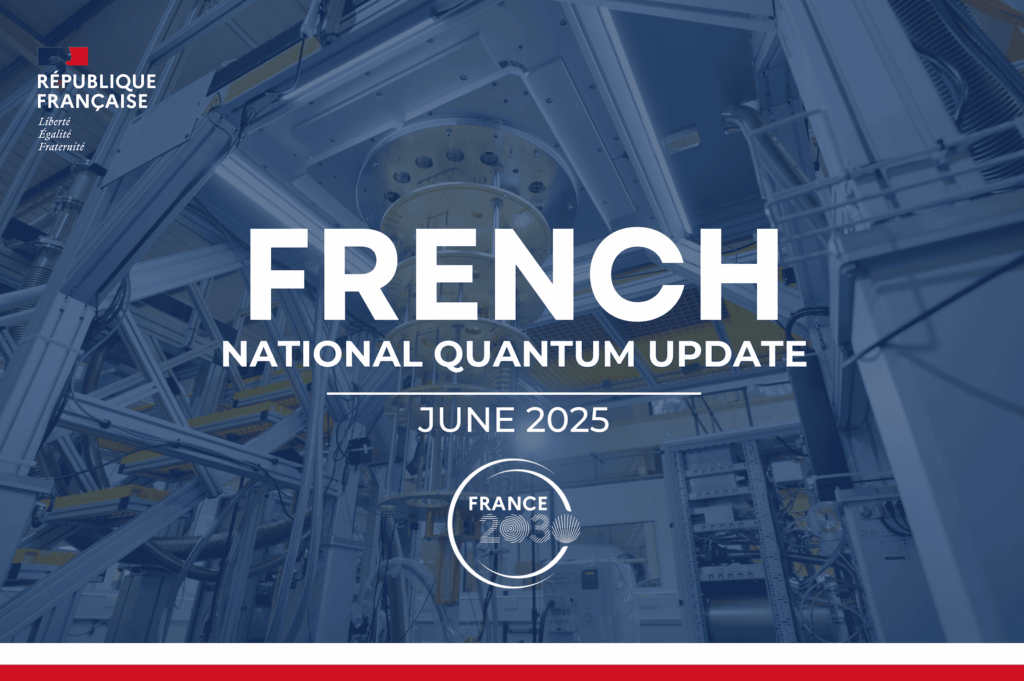
PRESS RELEASE — PsiQuantum and QunaSys, Inc. announced a joint research project to assess the power of fault-tolerant quantum computing for industrial chemistry calculations aimed at accelerating the development of sustainable materials. JSR Corporation (“JSR”) of Japan joined the project as an alpha customer and will evaluate quantum computing for advancements in the manufacture of photoresists, elastomers, plastics and reagents.
The companies will collaborate to advance the use of quantum computing in the chemistry industry, combining their complementary strengths in quantum hardware, algorithm development, and material sciences. PsiQuantum (TQI: PsiQuantum) contributes its expertise in silicon photonic fault-tolerant quantum computing hardware and fault-tolerant quantum computing algorithm development. QunaSys (TQI: QunaSys) delivers advanced quantum algorithms and quantum chemistry calculations for materials development, supported by insights gathered from its leadership at the Quantum Practical Application Research Community (QPARC). JSR (TWI: JSR) is a global leader in materials science that is continually exploring the possibilities of existing materials and potential applications for new materials to drive sustainable product development.
QunaSys will work with PsiQuantum to develop software to estimate the computational time and resources needed for a fault-tolerant quantum computer to solve advanced quantum chemistry simulations. JSR will use this software for materials research and development, leveraging fault-tolerant quantum computers to solve previously impossible materials simulations.
Quantum computing will be able to solve complex problems in materials science and chemistry by simulating molecules and materials using novel algorithms that are beyond the capabilities of any conventional supercomputer. Quantum computers can efficiently emulate other quantum systems such as electrons in molecules, leading to more predictable and accurate insights into the chemical and physical properties of complex materials and paving the way for the development of more sustainable and environmentally safe products.

“As quantum computing technology advances, it is important to be at the forefront of exploring use cases and developing the algorithms that will drive new technology development,” said Tennin Yan, chief executive officer at QunaSys. “Our partnership with PsiQuantum gives us access to the latest advances in fault-tolerant quantum computing, a key requirement for addressing commercially-useful applications. Working with JSR means that this research will support breakthrough developments at a leading materials science company whose products and services are created with a focus on preserving the environment.”
JSR is a research-oriented, multinational company focused on digital solutions, including the semiconductor and life sciences markets. Their materials are used to produce a vast range of everyday products including materials for microchips, display panels, home electronics, and tires.
“Quantum computing is no longer science fiction and the time to get ready for this revolutionary technology is now,” said Yu-ya Ohnishi, deputy general manager of the materials informatics initiative at JSR. “Understanding what types of computational challenges quantum computing can address and identifying the most impactful use cases is key to maintaining a competitive advantage in the economy of the future.”
“PsiQuantum’s work with QunaSys and JSR will advance fault-tolerant quantum computing algorithms for simulations of novel sustainable materials,” said Josh Richman, chief revenue officer at PsiQuantum. “This type of collaboration could pave the way to the discovery of new materials for use in the manufacturing of semiconductors, synthetic rubbers, LCD displays, digital 3D applications, next generation plastics, novel life science products, and more.”
The QunaSys software development was supported by the Council for Science, Technology, and Innovation (CSTI), the Cross-ministerial Strategic Innovation Promotion Program (SIP), and the Photonics and Quantum Technology for Society 5.0 (Funding agency: QST) program.
About QunaSys Inc.
QunaSys is the world’s leading developer of innovative algorithms in chemistry focused on accelerating the development of quantum technology applicability. QunaSys enables maximization of the power of quantum computing through its advanced joint research that addresses cutting-edge technologies providing Qamuy™, the most powerful quantum chemical calculation cloud software; fostering development of collaboration through QPARC industry consortium; and working with research institutions from academia and government. QunaSys software runs on multiple technology platforms with applicability in all chemical-related industries to boost quantum computing adoption. To learn more, visit https://en.qunasys.com/.
About PsiQuantum
Powered by breakthroughs in silicon photonics and quantum architecture, PsiQuantum is on course to build the world’s first commercially useful quantum computer to solve some of the world’s most important challenges. PsiQuantum believes silicon photonics is the only way to achieve the necessary scale required for error correction and deliver a fault-tolerant, general-purpose quantum computer. With quantum chips now being manufactured in a world-leading semiconductor fab, PsiQuantum is uniquely positioned to deliver quantum capabilities that will drive advances in climate, healthcare, finance, energy, agriculture, transportation, communications, and beyond. To learn more, visit www.psiquantum.com.
If you found this article to be informative, you can explore more current quantum news here, exclusives, interviews, and podcasts.
















